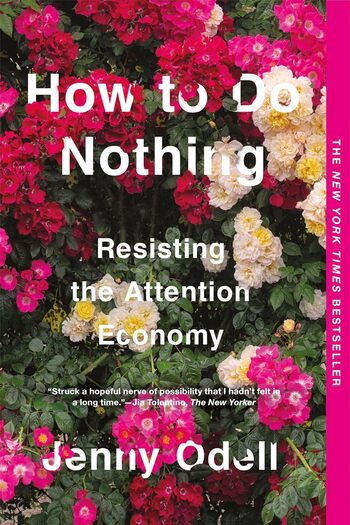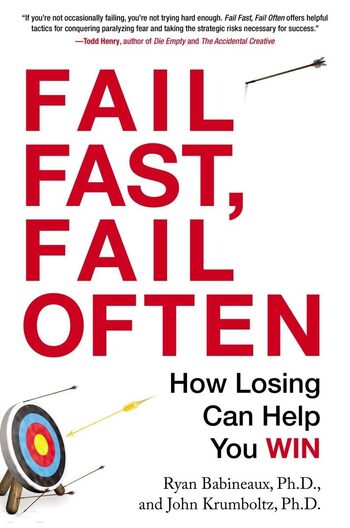
The Passion Paradox examines the dual nature of passion and its link to both success and suffering. It urges a balanced, incremental approach and self-awareness to sustainably harness passion.
Main Lessons
- Passion is rooted in the Latin word for ‘suffering,’ containing both positive and negative aspects.
- Biological mechanisms akin to those in addiction often govern passion.
- An incremental approach helps in nurturing passion and avoiding burnout.
- Obsessive passion can result in unhealthy pursuits like burnout or depression.
- Harmonious passion prioritizes enjoying activities for their intrinsic value.
- Balance might not always be feasible when pursuing mastery.
- Self-awareness is vital for managing the influence of passion on life.
- Techniques like journaling enhance self-awareness.
- Passions evolve; understanding and redirecting them is crucial.
- Being open to new experiences can help in overcoming a passion that no longer serves you.
- Biological understanding of passion can ease its management.
- Patience is key—all worthwhile passions take time to fully develop.
- The journey of passion should center on improvement, not constant achievement.








